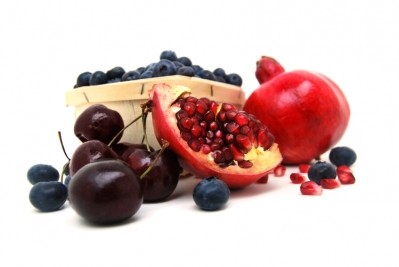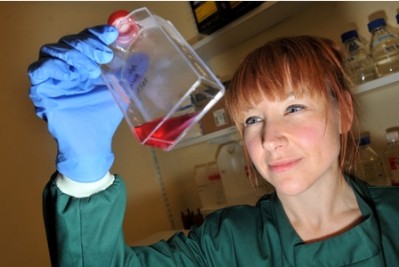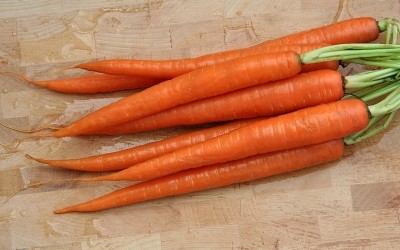Are all foods linked to cancer? Yes … but don’t worry, say researchers

Not a week goes by without a new research finding that links part of our diet to an increased risk of some form of cancer, or alternatively finds a risk reduction from a superfood or nutrient.
As a result, researchers in the USA set out to see whether, in fact, all foods have been studied for their effectiveness at curing or causing cancer.
The research, published in the American Journal of Clinical Nutrition, took a random sample of 50 foods and ingredients and searched the academic literature to see whether research studies had associated them with cancer risk.
Led by John Ioannidis at Stanford Prevention Research Center, USA, the research team found that 80% of their sample food recipes had been studied in regard to their relationship to cancer, “and the large majority of these studies were interpreted by their authors as offering evidence for increased or decreased risk of cancer.”
“However, the vast majority of these claims were based on weak statistical evidence,” said the research team.
"We have seen a very large number of studies, just too many studies, suggesting that they had identified associations with specific food ingredients with cancer risk," said Ioannidis.
"People get scared or they think that they should change their lives and make big decisions, and then things get refuted very quickly," he told Reuters Health. "There's very strong evidence, and pretty strong expectation, that some nutrients in some foods would be related to cancer risk - either protecting or increasing the risk - but it's very hard to believe that almost anything would be associated with cancer."
Study details
The research team selected 50 foods and food ingredients at random and then assessed whether the academic literature from the previous 35 years provided a suggestion of any link to cancer risk.
“We surveyed recently published studies and meta-analyses that addressed the potential association between a large random sample of food ingredients and cancer risk of any type of malignancy,” the researchers wrote.
The team found that 40 out of their 50 sample foods had been linked to cancer in some way – with half having more than 10 studies reporting on such risks.
Those ingredients linked to cancer were: veal, salt, pepper spice, flour, egg, bread,pork, butter, tomato, lemon, duck, onion, celery, carrot, parsley, mace, sherry, olive, mushroom, tripe, milk, cheese, coffee, bacon, sugar, lobster, potato, beef, lamb, mustard, nuts, wine, peas, corn, cinnamon, cayenne, orange, tea, rum, and raisin.
“These ingredients studied include many of the most common sources of vitamins and nutrients,” said the team, while they noted that the 10 ingredients for which a cancer association was not identified were generally more obscure: bay leaf, cloves, thyme, vanilla, hickory, molasses, almonds, baking soda, ginger, and terrapin.
“We should acknowledge that our searches for eligible studies were not exhaustive,” said Ioannidis and his colleagues.
“Covering the entire nutritional epidemiology literature would be impossible.”
The team added that the interest in linking food and food ingredients to cancer has grown rapidly in recent years, with around 85% of all scientific studies on food and cancer occurring between 2000 and 2011.
Source: American Journal of Clinical Nutrition
Published online ahead of print, doi: 10.3945/ajcn.112.047142
“Is everything we eat associated with cancer? A systematic cookbook review”
Authors: Jonathan D Schoenfeld, John PA Ioannidis








